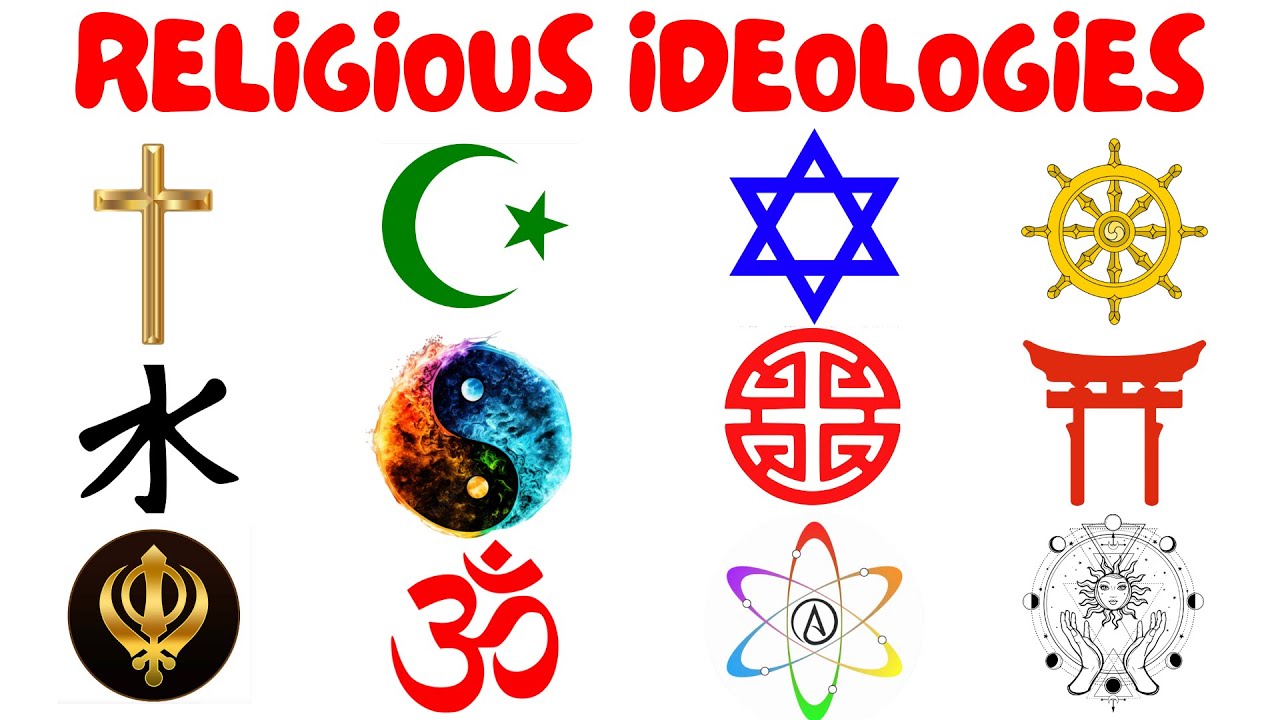
What is ideology? Ideology is a set of beliefs or principles that guide individuals or groups. These beliefs shape how people view the world, make decisions, and interact with others. Ideologies can be political, social, economic, or cultural. They influence everything from government policies to personal values. For example, democracy, socialism, and capitalism are all different political ideologies. Each offers a unique perspective on how society should be organized and governed. Understanding various ideologies helps us comprehend why people think and act the way they do. It also fosters tolerance and open-mindedness, allowing for more meaningful conversations and solutions to global issues.
What is Ideology?
Ideology shapes how people see the world. It influences beliefs, values, and actions. Here are some intriguing facts about ideology.
-
Definition: Ideology is a set of beliefs or philosophies attributed to a person or group. It often forms the basis for economic, political, or social systems.
-
Origins: The term "ideology" was coined by French philosopher Antoine Destutt de Tracy in the late 18th century. He used it to describe the science of ideas.
-
Political Ideologies: Common political ideologies include liberalism, conservatism, socialism, and fascism. Each has distinct principles and goals.
-
Economic Ideologies: Capitalism and communism are two major economic ideologies. They differ in their views on property ownership and wealth distribution.
-
Religious Ideologies: Many religions have their own ideologies, which guide followers' beliefs and practices. Examples include Christianity, Islam, and Buddhism.
How Ideologies Influence Society
Ideologies play a crucial role in shaping societies. They affect laws, policies, and cultural norms.
-
Law and Order: Ideologies influence legal systems. For instance, democratic ideologies promote laws that protect individual freedoms.
-
Education: Educational systems often reflect the dominant ideology of a society. For example, socialist countries may emphasize collective responsibility in their curricula.
-
Media: Media outlets can propagate certain ideologies. State-controlled media in authoritarian regimes often promote government-approved messages.
-
Social Movements: Many social movements are driven by ideological beliefs. The civil rights movement in the U.S. was rooted in the ideology of equality and justice.
-
Cultural Norms: Ideologies shape cultural norms and values. For instance, individualism is a key aspect of American culture, influenced by liberal ideology.
Ideologies in History
Throughout history, ideologies have sparked revolutions, wars, and significant social changes.
-
French Revolution: The French Revolution was driven by Enlightenment ideologies advocating liberty, equality, and fraternity.
-
Cold War: The Cold War was a clash of ideologies between the capitalist United States and the communist Soviet Union.
-
Nazi Germany: Nazi ideology, based on notions of racial superiority, led to World War II and the Holocaust.
-
American Revolution: Ideals of freedom and self-governance fueled the American Revolution against British colonial rule.
-
Industrial Revolution: Capitalist ideology played a significant role in the Industrial Revolution, promoting innovation and economic growth.
Modern-Day Ideologies
In today's world, ideologies continue to evolve and influence global affairs.
-
Environmentalism: This ideology emphasizes the importance of protecting the environment and promoting sustainable practices.
-
Feminism: Feminist ideology advocates for gender equality and women's rights.
-
Globalism: Globalist ideology supports increased international cooperation and the breaking down of national barriers.
-
Nationalism: Nationalist ideologies prioritize the interests of a particular nation, often at the expense of international cooperation.
-
Libertarianism: Libertarian ideology advocates for minimal government intervention in personal and economic matters.
Ideologies and Technology
Technology has both influenced and been influenced by various ideologies.
-
Digital Privacy: Ideologies surrounding digital privacy emphasize the importance of protecting personal information in the digital age.
-
Open Source Movement: This ideology promotes the free sharing of software and information, opposing proprietary software models.
-
Transhumanism: Transhumanist ideology supports the use of technology to enhance human physical and cognitive abilities.
-
Techno-Optimism: Techno-optimists believe that technological advancements can solve many of the world's problems.
-
Digital Divide: Ideologies addressing the digital divide focus on ensuring equal access to technology for all people.
The Big Picture
Ideologies shape our world in countless ways. From political beliefs to cultural norms, they influence how societies function and how individuals see themselves and others. Understanding different ideologies helps us grasp why people think and act the way they do. It also fosters empathy and open-mindedness, crucial for peaceful coexistence. Whether it's capitalism, socialism, liberalism, or conservatism, each ideology offers unique perspectives and solutions to societal issues. By learning about these diverse viewpoints, we can better navigate our complex world. So, next time you encounter a new idea or belief, take a moment to consider its ideological roots. You might just gain a deeper understanding of the world around you.
Was this page helpful?
Our commitment to delivering trustworthy and engaging content is at the heart of what we do. Each fact on our site is contributed by real users like you, bringing a wealth of diverse insights and information. To ensure the highest standards of accuracy and reliability, our dedicated editors meticulously review each submission. This process guarantees that the facts we share are not only fascinating but also credible. Trust in our commitment to quality and authenticity as you explore and learn with us.
